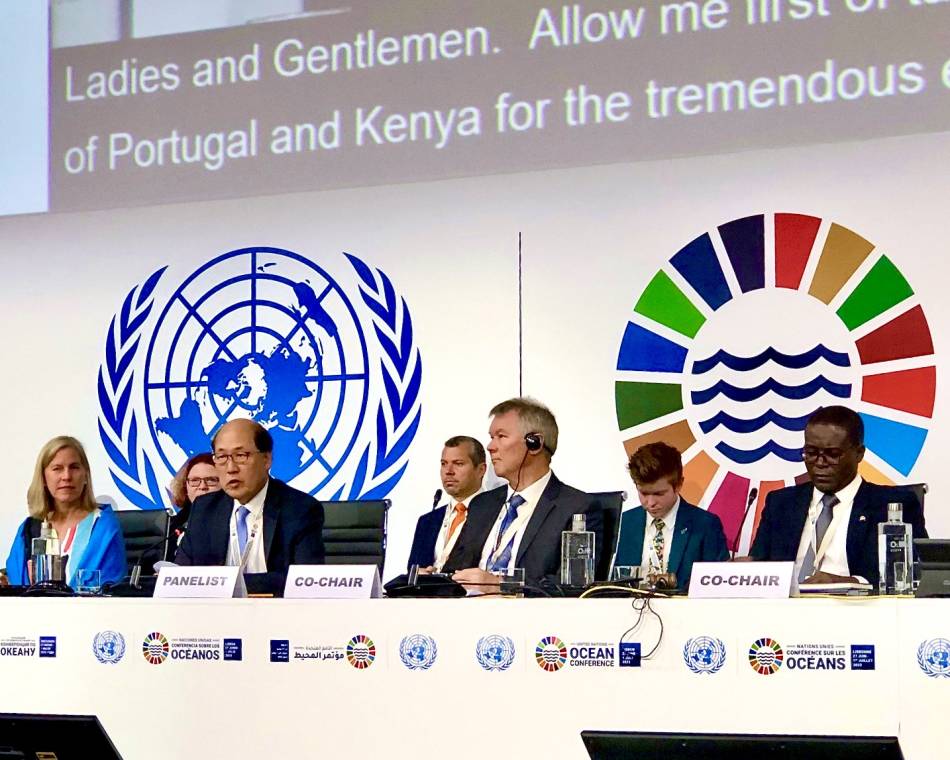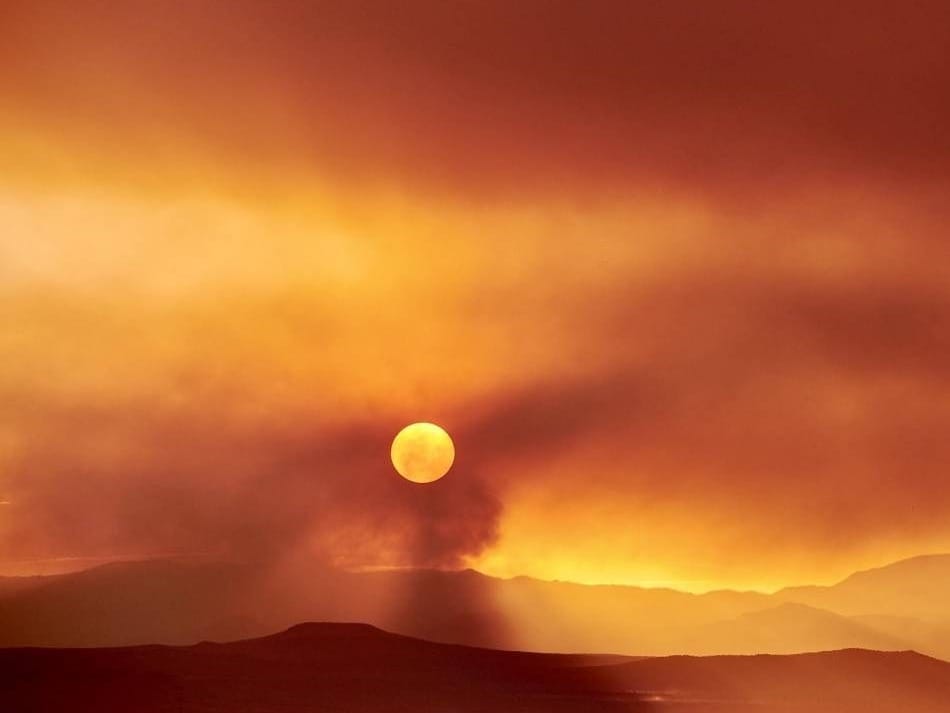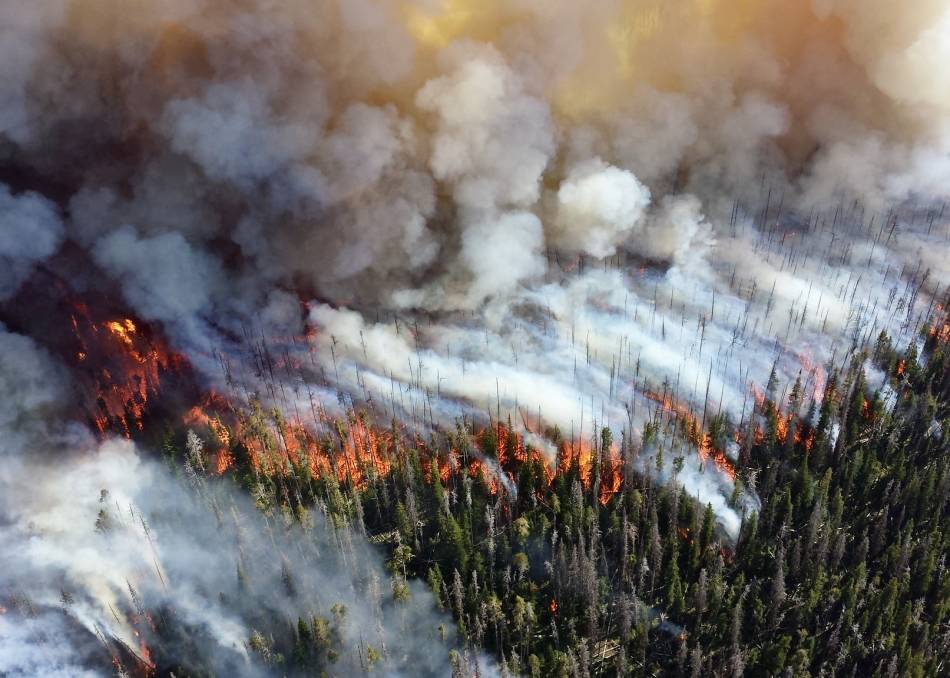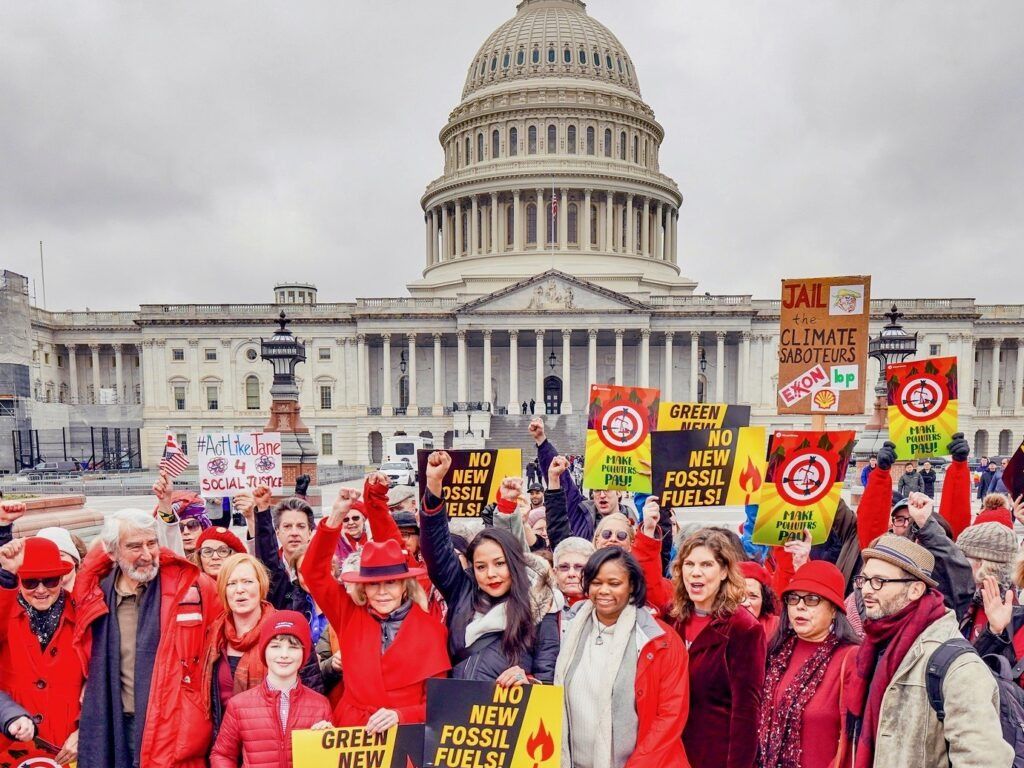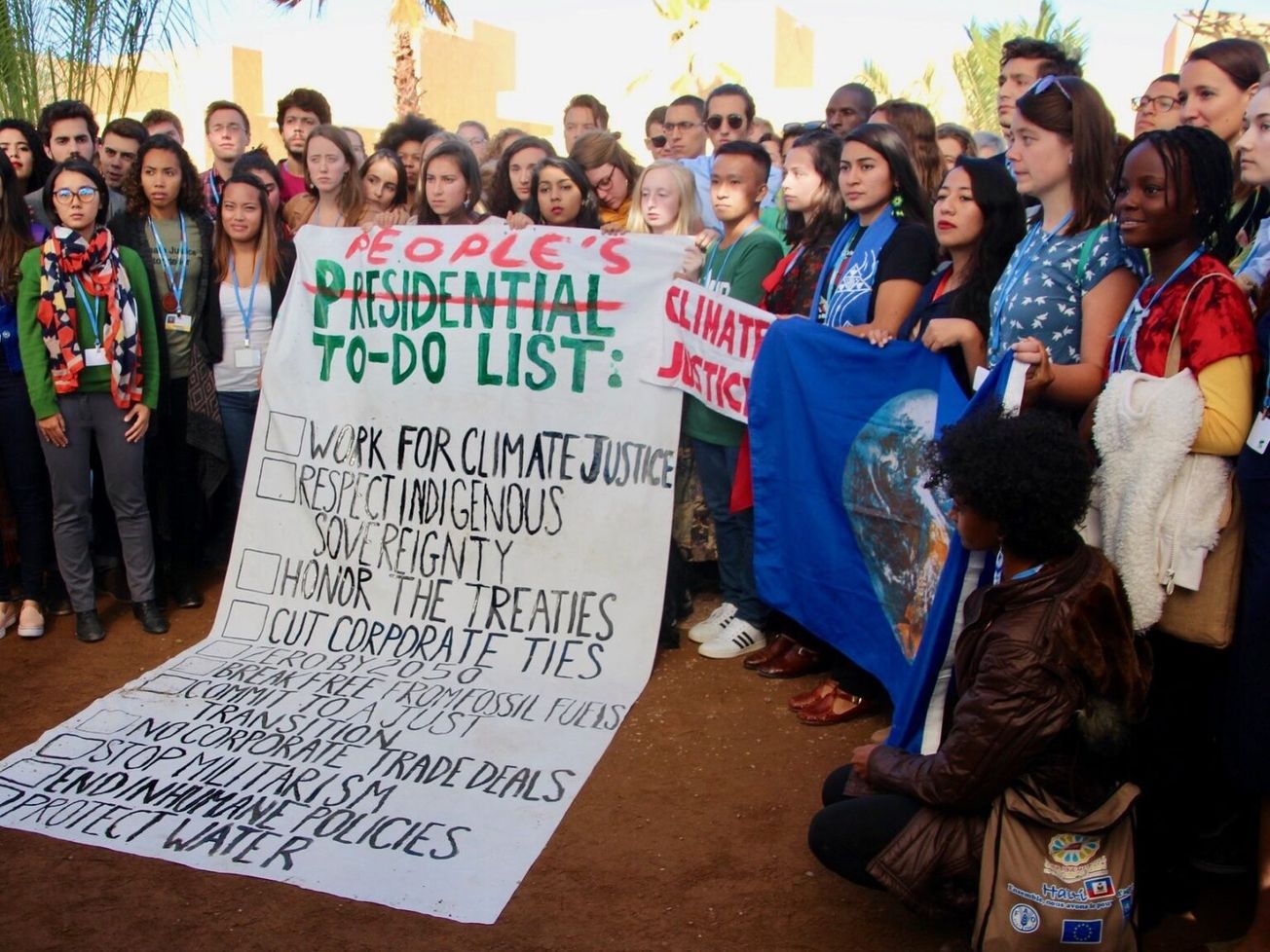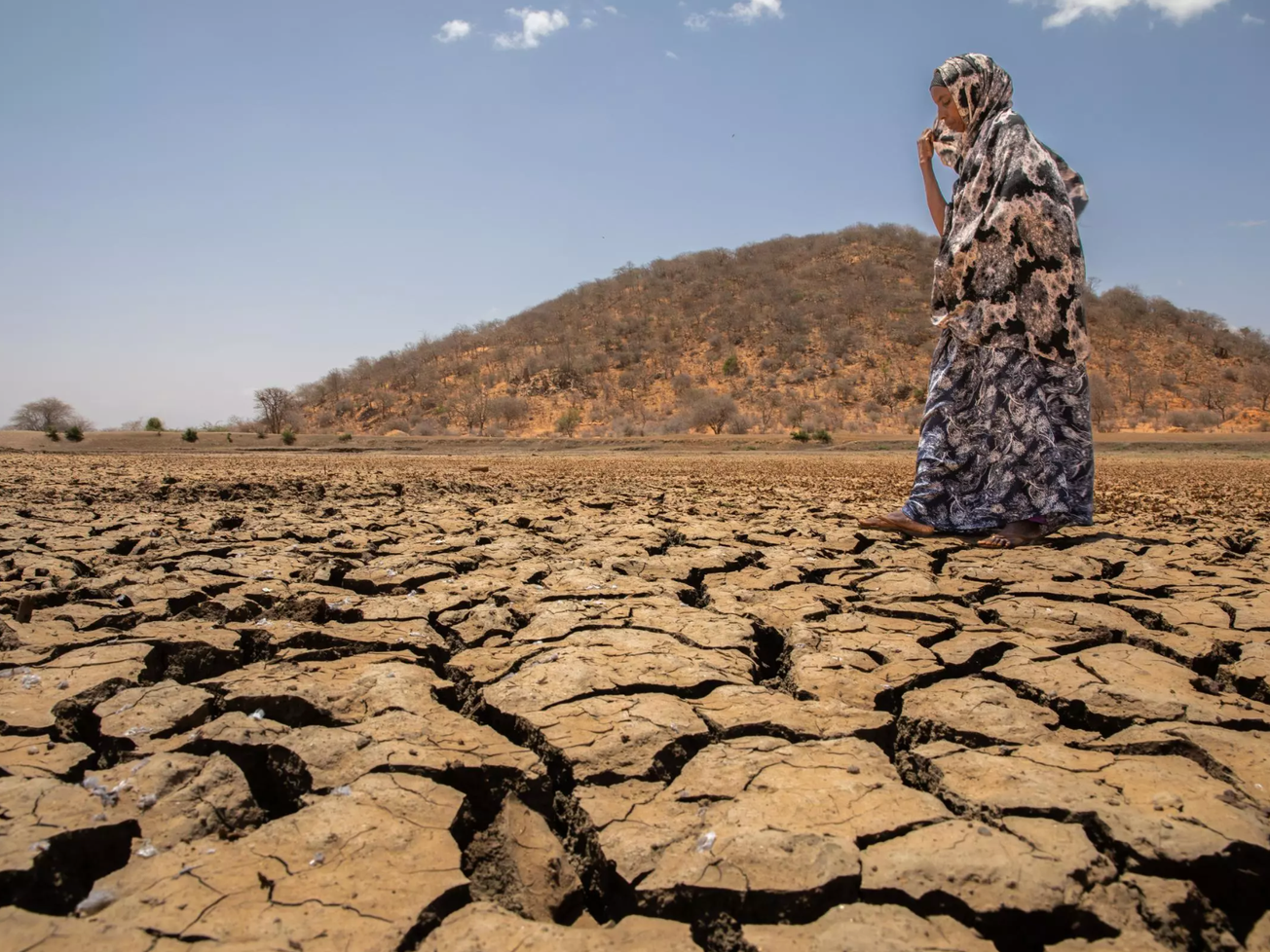
High stakes for COP27 summit as climate becomes a health crisis too
Drought, floods, disease outbreaks and a global food crisis add pressure for real action at the U.N. climate summit in Egypt.
Already have an account? Log in
Drought, floods, disease outbreaks and a global food crisis add pressure for real action at the U.N. climate summit in Egypt.
A second vote in the United Nations solidifies international recognition that everyone's access to a clean and healthy environment is a fundamental right.
The IPBES guidelines could prod decision-making beyond just politics and economics to deal with our massive loss of species and rising temperatures.
More than 150 nations committed to put science at the heart of renewed efforts to tackle the multiple human-caused crises threatening the ocean.
Hunger, vaccine patents and fishing subsidies top the agenda as the global trade body holds its first ministerial conference in four and a half years.
A group of nations is looking at how they can use regulations for hazardous chemicals and wastes to tackle pollution, global warming and species losses.
A UN report finds wildfires are burning longer and hotter, and will likely become more frequent in some areas.
Delegates from 175 nations to the U.N. Environment Assembly voted unanimously to devise a treaty that tries to cleanse the world of plastic pollution.
The incidence of extreme fires around the world is expected to increase by as much as 50% by the end of the century, environmental experts warned.
A panel of the world's top climate scientists began putting the final touches on their latest comprehensive look at how global warming affects the planet.
U.N. researchers concluded the world is headed to 2.5 degrees C. of warming by 2100 because nations will not do what is needed to combat climate change.
A new U.N. report recommended methane emissions cuts as the most efficient way of preventing another 0.3 degrees Celsius of global warming.
While one-in-10 people on the planet suffers chronic hunger, the world wastes about 17% of all the food that is produced each year, UNEP reported.
In a new major report, the U.N. Environment Program recommended a "scientific blueprint" for governments to tackle three environmental crises at once.
World leaders honored five years of the 2015 Paris Agreement at a virtual summit energized by U.S. President-elect Joe Biden's vow to rejoin it.
Unmet promises to cut carbon emissions put the planet on track for temperatures to rise "in excess of 3 degrees Celsius this century," UNEP reported.


